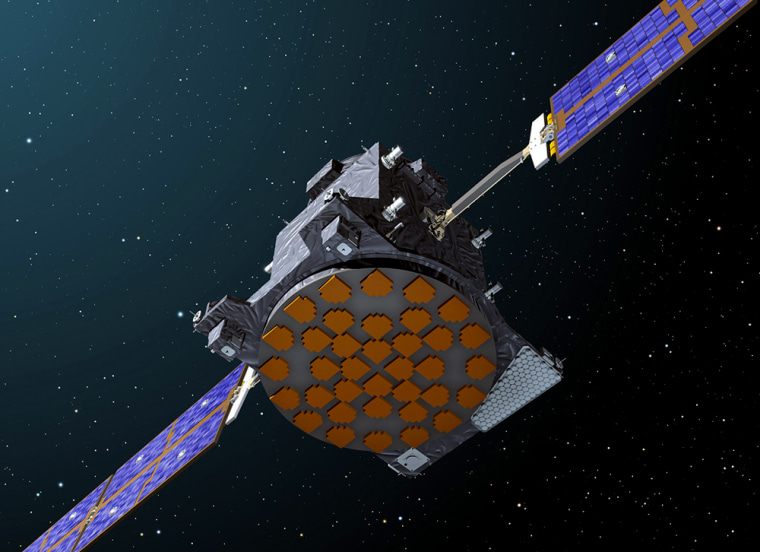The European Union executive on Thursday gave Germany's OHB System AG a (EURO)566 million ($810 million) contract to build the first 14 satellites for the EU's new space-based navigation system Galileo.
The executive said that means the much-delayed rival to GPS should begin operating in 2014.
The EU has claimed Galileo will be technologically superior to the U.S. Global Positioning System because it will provide more accurate locations for cars, ships and people using navigation devices.
The EU's transport commissioner, Antonio Tajani, also said that Italy's ThalesAleniaSpace has won an (EURO)85 million contract to supply system support to the project and that Arianespace of France will get (EURO)397 million to launch the satellites into space.
The first satellites are set to be launched by Russian-made Soyuz rockets in October 2012 from French Guiana.
The EU has claimed Galileo could more than double the GPS navigation coverage now provided to motorists, sailors, pilots and emergency rescue teams, and improve coverage in high-latitude areas of northern Europe and in big cities where skyscrapers can block signals.
Tajani said the system also will "help ensure Europe's political independence in an area which has become very important from an economic, social and security point of view."
The German government welcomed the order for OHB, saying it was "a great success" for German industry and showed that Europe was "securing its independence in this high-tech branch."
Arguments over how companies from different countries should share work from the project almost scuppered Galileo in 2008. European Union governments had to agree to a taxpayer bailout after a consortium of private companies from France, Germany, Spain, Britain and Italy walked away from the project in a financing dispute.
The cost of setting up the final network is expected to be (EURO)3.4 billion.
The European Commission still has to decide on orders for another 18 satellites, to bring the total to a maximum of 32. Both OHB and the French-German consortium EADS Astrium GmbH are bidding for those contracts.
